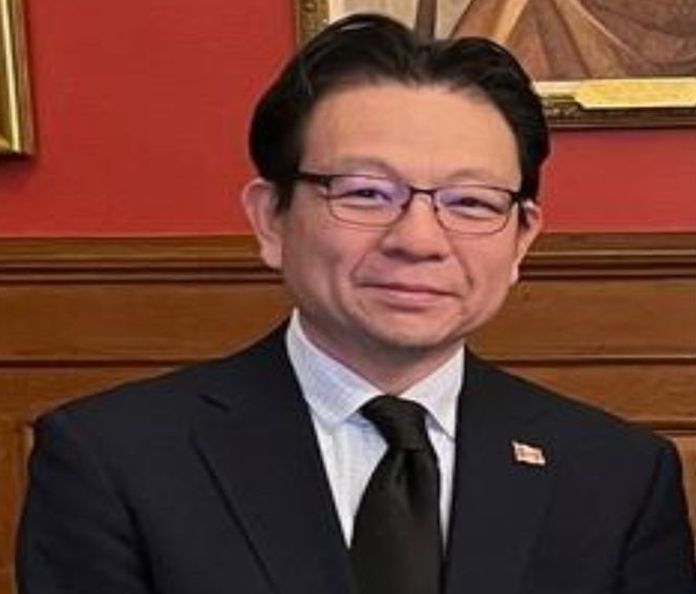By David Hu, TCAT President
As the upcoming Taiwan election draws near, there is keen anticipation regarding the direction Taiwan will take. From an international perspective, attention is often directed towards the interactions between China, Taiwan, and the Western world.
Under the first condition, international community adherence to the One-China policy is paramount. This policy recognizes the existence of only one China, known as the People’s Republic of China. It is imperative to uphold this policy and acknowledge that no other entity can claim the title of China. This is a fundamental aspect that requires our utmost respect.
It is essential to emphasize that we cannot pursue or defend any stance if Taiwan asserts itself as China. This underscores the importance of aligning with the recognized international framework regarding the status of China and Taiwan.
For example, if Taiwan were to assert its identity as China or adopt any title associated with China, it could potentially lead to a domestic conflict akin to a civil war. In such a scenario, the international community would find itself constrained, and involvement in their internal conflict would be highly unlikely. The principle of non-interference in the domestic affairs of sovereign nations is a cornerstone of international relations. Therefore, Taiwan must navigate its political aspirations within the established frameworks and agreements that govern the relationships between nations, fostering stability and minimizing the risk of broader conflicts.
The Republic of China (ROC) exists as a historical entity and was established during a period marred by the complexities of the Second World War. Its presence on the island of Taiwan resulted from the exigencies of that time.
It is essential for Taiwan to underscore this historical context to draw a clear demarcation between China and Taiwan. Emphasizing the illegal occupation during the aftermath of the Second World War serves as a vital point of distinction.
By acknowledging this historical reality, Taiwan not only reinforces its unique identity but also highlights the circumstances that led to its separate political existence.
This emphasis helps to articulate a distinct narrative, demonstrating Taiwan’s commitment to historical accuracy and the pursuit of a path that aligns with contemporary geopolitical realities. In doing so, Taiwan can foster a more comprehensive understanding within the international community about its position in relation to China.
Taiwan and China represent distinct entities, and there exists a clear demarcation between them without any ambiguous shading of grey areas.
As the 2024 Taiwan presidential and senatorial elections approach, it becomes imperative for Taiwan to articulate a definitive stance regarding its trajectory.
In the face of historical complexities and geopolitical dynamics, Taiwan should leverage these elections as an opportunity to communicate its strategic orientation. By openly addressing the historical context, reaffirming its separate political identity, and emphasizing the illegality of the occupation during the Second World War. Taiwan can present a narrative that solidifies its unique position.
The upcoming elections serve as a platform for Taiwan to declare its commitment to maintaining a clear and independent path, separate from any claims or influence from mainland China. This decisive stance not only contributes to regional stability but also fosters transparency, enabling the international community to better comprehend and respect Taiwan’s political course amid the broader dynamics involving China.
In doing so, Taiwan can navigate these critical elections with a firm commitment to its principles and an unwavering dedication to its distinct identity.





